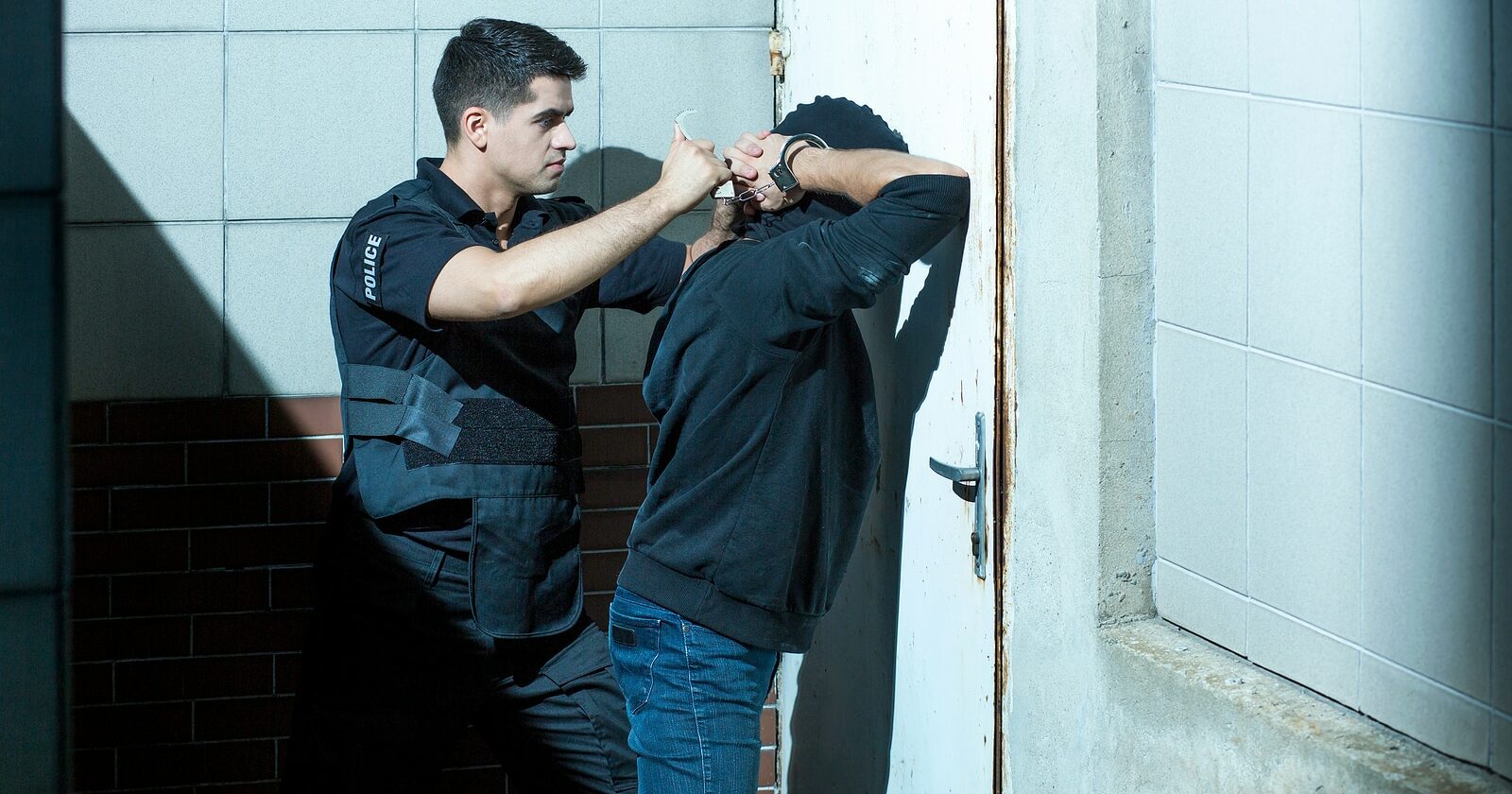Party Liability Can Have Serious Consequences
In criminal law, the concept of accomplice or party liability holds a significant place, especially when it comes to holding individuals accountable for their roles in heinous crimes such as murder. Toronto deals with cases of party liability with utmost seriousness. This blog post delves into the legal intricacies surrounding the accountability of accessories to murder in Toronto, exploring the principles, legal precedents, and implications for those involved in these grave offenses.
Defining Accomplice or Party Liability
Accomplice liability, often called party liability, secondary liability or aiding and abetting, holds individuals criminally responsible for assisting, encouraging, or facilitating another person in committing a crime. In the context of murder, accomplices/parties can be charged and prosecuted for their involvement in planning, aiding, or abetting the act, even if they did not commit the murder themselves. They were still a party to the offence if they did anything in relation to the preparation or execution of the offence, even if they did not know any specific details of the crime to be committed.
The Legal Principles in Toronto
Toronto’s legal system, rooted in Canadian criminal law, upholds the principle that accomplices or parties are as responsible as the actual perpetrators. The law considers individuals who knowingly participate in the planning or commissioning of a murder equally culpable. Accomplice liability, or party liability, cases often involve complex legal debates, examining the degree of involvement, intention, and foreseeability of the crime committed.
Degrees of Involvement
Accomplice or party liability does not differentiate based on the degree of involvement. Whether an individual assisted, drove the getaway car, supplied weapons, or acted as a lookout, their involvement makes them legally accountable. Toronto’s courts assess the level of participation and intent, ensuring that all accomplices are held responsible, as parties to the offence, for their roles in the crime.
Legal Precedents and Landmark Cases
Toronto has witnessed several landmark cases illustrating the application of accomplice liability. These cases have set legal precedents, emphasizing the importance of intent, knowledge, and encouragement in determining guilt. Through these cases, the legal community and the public gain valuable insights into how the law interprets and applies accomplice liability in the context of murder.
Challenges and Nuances
Navigating accomplice liability cases poses challenges, especially concerning proving the mental state and intention of the accomplice. Toronto’s legal professionals engage in meticulous investigations, utilizing expert witnesses, forensic evidence, and thorough testimonies to establish the guilt of each individual involved. These complexities underline the necessity of a robust and skilled legal defense when facing accomplice liability charges.
Sentencing Considerations
Sentencing in accomplice liability cases involves a comprehensive evaluation of the degree of involvement, criminal history, remorse, and potential for rehabilitation. The extent of the accomplice’s participation in the crime is a pivotal factor. Judges assess the level of involvement, distinguishing between individuals who actively participated in the murder and those who played more passive roles. A higher degree of participation often results in a more severe sentence. The criminal background of the accomplice is scrutinized. Previous convictions and the nature of past offenses significantly impact sentencing decisions.
A history of violent or repeated criminal behavior can lead to harsher punishments. Accomplices who demonstrate sincere regret and assist in the legal proceedings may receive more lenient judgments. Assessing the accomplice’s potential for rehabilitation is crucial. Toronto’s legal system emphasizes the possibility of reform and reintegration into society. Accomplices showing a willingness to change and engage in rehabilitative programs may receive sentences focused on reform rather than retribution.
Toronto’s courts consider these factors when determining the appropriate punishment for accessories to murder. Sentences can vary widely, reflecting the individual circumstances of each case.
Prevention and Deterrence
Accomplice liability laws are a powerful deterrent, discouraging potential accomplices from participating in criminal activities. The knowledge that individuals can be held accountable for their roles in serious crimes acts as a preventive measure, discouraging possible accomplices from participating in illegal activities. Toronto’s legal system relies on this deterrence factor to maintain law and order.
Upholding Justice in Toronto’s Legal Arena
Accomplice liability cases are among criminal law’s most challenging and emotionally charged. In Toronto, legal professionals, judges, and jurors work to ensure justice is served. By balancing accountability and the opportunity for change, Toronto’s courts contribute to a justice system that values punishment and the potential for redemption, fostering a safer and more just society for all.
Facing accusations of accomplice liability, especially in severe cases like murder, is an immensely challenging situation that requires experienced legal guidance. Let William Jaksa Criminal Litigation be your trusted ally in this difficult time. Contact us today at 647-951-8078.





